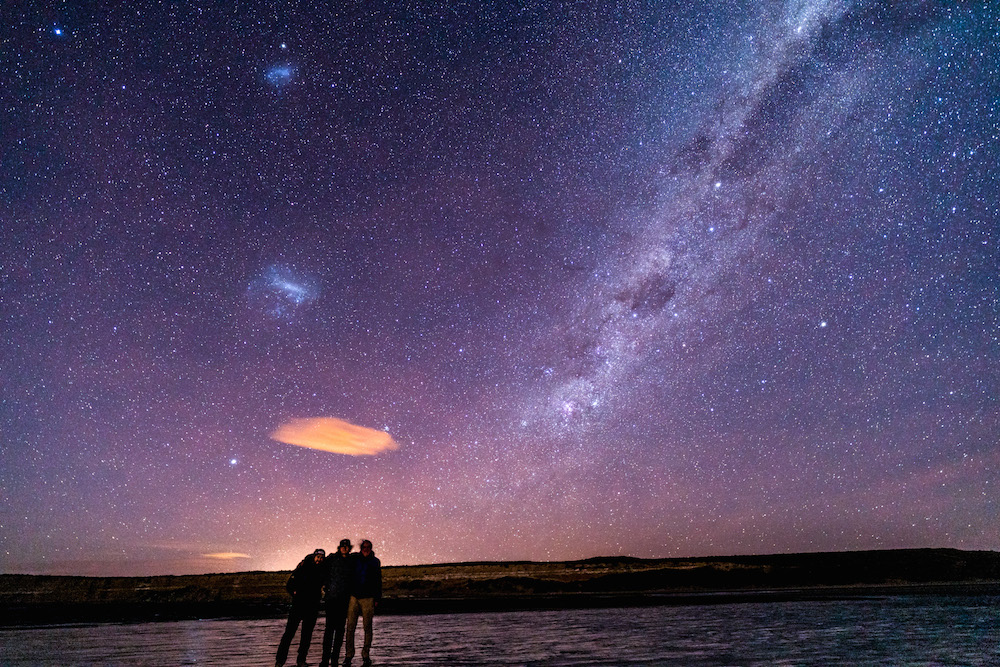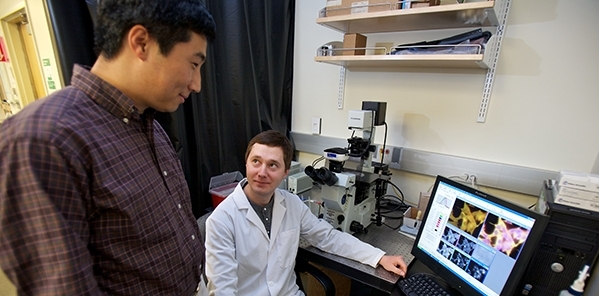 Five years ago today on July 14, 2015, the New Horizons spacecraft made the first reconnaissance of Pluto, collecting data that continue to be analyzed and provide surprises of this distant world. On this 5th anniversary of the Pluto flyby, our guest is Dr. Carver Bierson, who is a planetary scientist at Arizona State University. Carver has been involved with the New Horizons mission, and recently published a paper about Pluto based on data from the mission. We talk with him about results in the paper titled: “Evidence for a Hot Start and Early Ocean Formation on Pluto”
Five years ago today on July 14, 2015, the New Horizons spacecraft made the first reconnaissance of Pluto, collecting data that continue to be analyzed and provide surprises of this distant world. On this 5th anniversary of the Pluto flyby, our guest is Dr. Carver Bierson, who is a planetary scientist at Arizona State University. Carver has been involved with the New Horizons mission, and recently published a paper about Pluto based on data from the mission. We talk with him about results in the paper titled: “Evidence for a Hot Start and Early Ocean Formation on Pluto”
Host / Producer : Joel Parker
Engineer: Maeve Conran
Additional Contributions: Beth Bennett
Listen to the show:
Podcast: Play in new window | Download (Duration: 28:32 — 26.1MB)
Subscribe: RSS





 With graduation season is upon us, today’s edition of How on Earth is our annual “Graduation Special”. Our guests in the studio today are scientists who have or will soon receive their Ph.D. in a STEM-related field. They talk about their thesis research, their grad school experiences, and what they have planned next.
With graduation season is upon us, today’s edition of How on Earth is our annual “Graduation Special”. Our guests in the studio today are scientists who have or will soon receive their Ph.D. in a STEM-related field. They talk about their thesis research, their grad school experiences, and what they have planned next.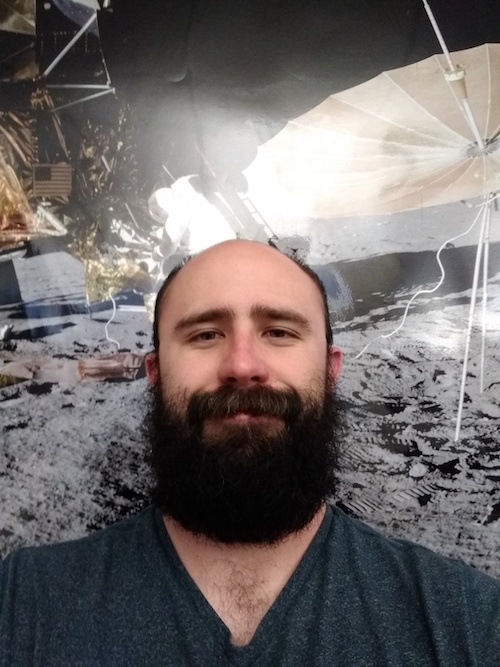 Marcus Piquette – CU Boulder,
Marcus Piquette – CU Boulder, 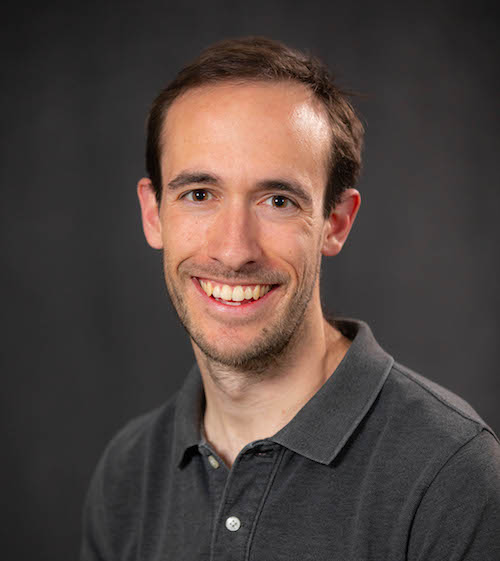 David Reens – CU Boulder,
David Reens – CU Boulder, 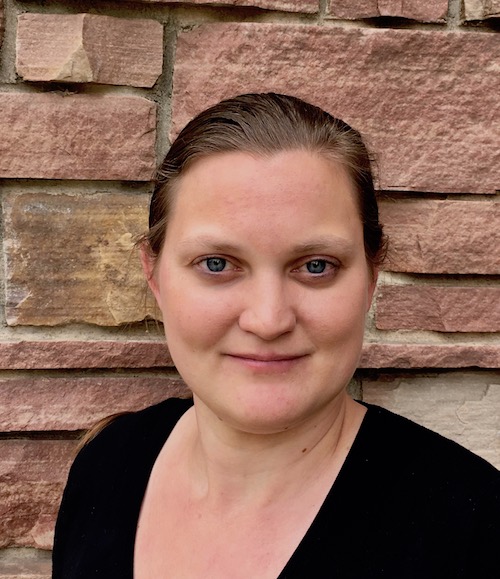 Abigail Reens– CU Boulder,
Abigail Reens– CU Boulder, 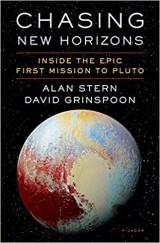
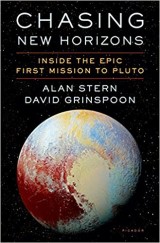 In 2015, the New Horizons Spacecraft flew past Pluto. Because Pluto is so far away, it took nearly 10 years of travel for the spacecraft to reach that distant dwarf planet — and that was after a decade of work to get the spacecraft to the launch pad. Planetary scientists Alan Stern and David Grinspoon have written a new book, called: “Chasing New Horizons: Inside the Epic First Mission to Pluto”. The book tells the story of developing and operating the New Horizon mission.
In 2015, the New Horizons Spacecraft flew past Pluto. Because Pluto is so far away, it took nearly 10 years of travel for the spacecraft to reach that distant dwarf planet — and that was after a decade of work to get the spacecraft to the launch pad. Planetary scientists Alan Stern and David Grinspoon have written a new book, called: “Chasing New Horizons: Inside the Epic First Mission to Pluto”. The book tells the story of developing and operating the New Horizon mission.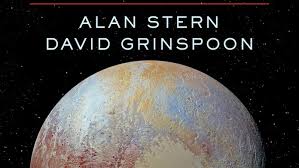
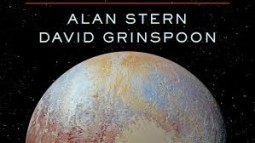
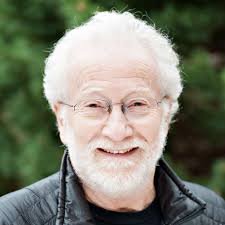

 Here we provide the full interview by How on Earth’s Joel Parker of planetary scientists Dr. Alan Stern (
Here we provide the full interview by How on Earth’s Joel Parker of planetary scientists Dr. Alan Stern (